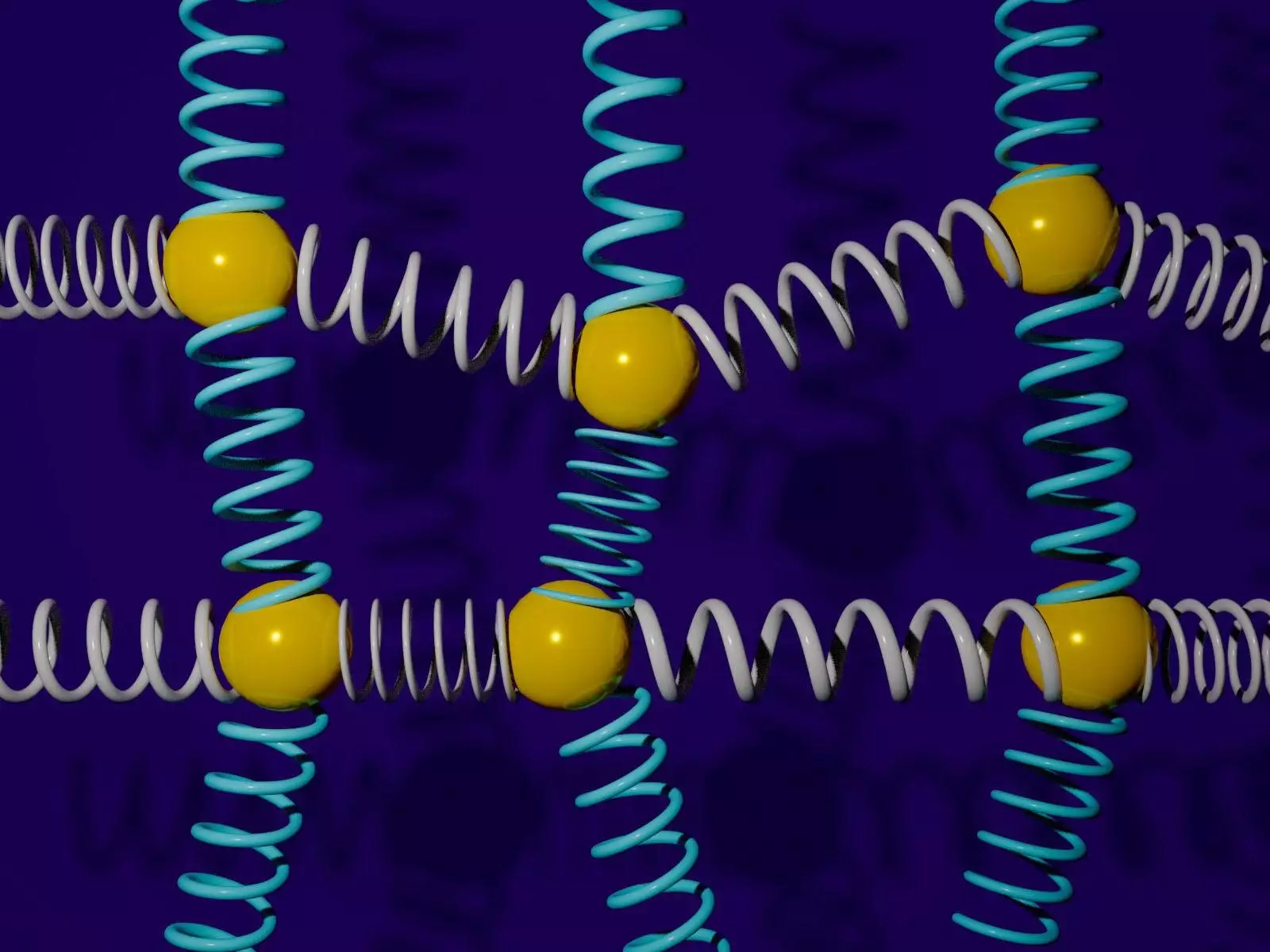The concept of “coupled oscillations” may not ring a bell for many, but its presence in nature is pervasive. Understanding the dynamics of coupled harmonic oscillators is crucial in various fields, ranging from chemistry to engineering to materials science. The recent development of a new quantum algorithm by a team of researchers has revolutionized the simulation of complex coupled oscillator systems, making it faster and more efficient.
The breakthrough quantum algorithm, spearheaded by Pacific Northwest National Laboratory (PNNL) joint appointee Nathan Wiebe, in collaboration with researchers from Google Quantum AI and Macquarie University, is a game-changer. By utilizing the Schrödinger equation to map the dynamics of coupled oscillators, the quantum algorithm offers an exponential advantage over classical algorithms. This approach enables the simulation of complex systems using significantly fewer quantum bits, resulting in exponentially fewer operations.
The implications of this quantum algorithm are profound. The researchers demonstrated that coupled harmonic oscillators can simulate an arbitrary quantum computer, indicating that large systems of interacting masses and springs possess computational power equivalent to quantum computers. This challenges the notion that classical computers could rival quantum computers in terms of computational power. The algorithm’s exponential speedup reinforces the superiority of quantum computing over classical computing.
The authors also delved into the theoretical constraints surrounding the calculation of these dynamics. If classical computers could simulate these dynamics in polynomial time, it would suggest that quantum computers are not fundamentally more powerful. However, empirical evidence strongly indicates that quantum computers possess inherent computational advantages over classical computers. The development of this algorithm not only showcases an exponential speedup but also highlights the intricate connection between quantum dynamics and harmonic oscillators.
The advancement of the quantum algorithm for simulating coupled oscillatory systems represents a significant milestone in quantum computing. The newfound ability to model complex interactions with unparalleled efficiency opens up avenues for exploring a wide range of scientific and engineering applications. The exponential speedup offered by this algorithm underscores the distinct advantage of quantum computing and showcases the profound impact of coupled harmonic oscillators in the realm of quantum information processing.


Leave a Reply
You must be logged in to post a comment.